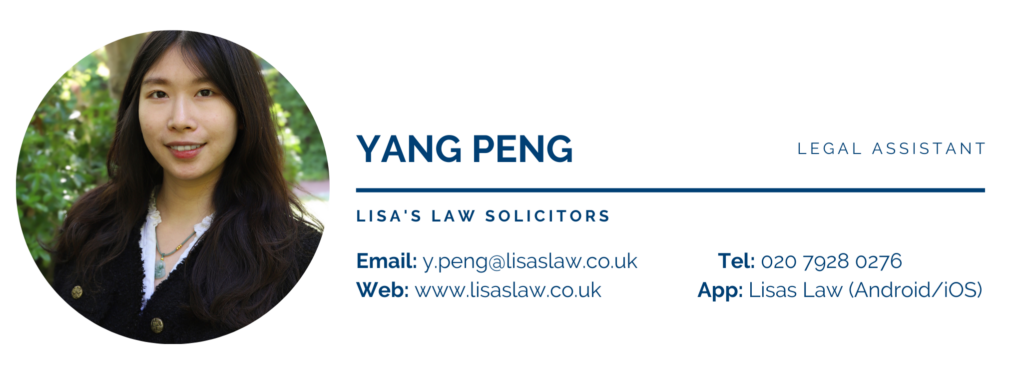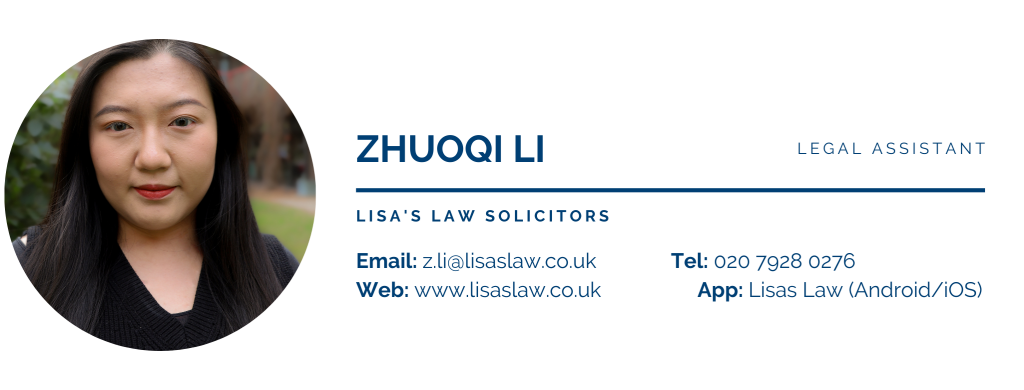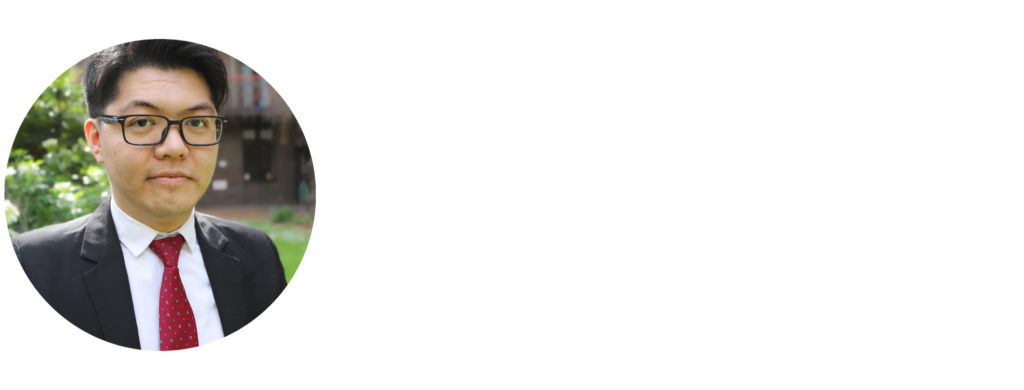In a ground-breaking ruling, the High Court has delivered a significant judgment that impacts thousands of migrants in the UK. The case, R (Refugee and Migrant Forum of Essex and London) v SSHD [2024] EWHC 1374 (Admin), challenges the Home Office’s failure to provide proof of immigration status to individuals with leave to remain under section 3C of the Immigration Act 1971.

Having Section 3C leave under the Immigration Act 1971 means that if you submit an application to extend your stay in the UK before your visa expires, you will not be treated as an overstayer while you wait for a decision. However, to date there has never been any documentation issued to those with Section 3C leave.
Fundamentally, this judgment has far-reaching implications for migrants, employers, and the digital transformation of immigration documents.
A Victory for Migrants
The High Court found that the Home Secretary had acted unreasonably (Wednesbury unreasonable) by not providing digital proof of immigration status to individuals under section 3C of the Immigration Act 1971.
The practical implications of this decision are substantial. Migrants with leave to remain under section 3C will now be entitled to receive digital confirmation of their immigration status. This means easier access to ‘e-Visas,’ which can be quickly and conveniently verified by employers, landlords, and other entities. This change addresses significant delays and complications that migrants previously faced when proving their right to work or rent property.
The Court’s Findings
The court’s ruling addressed four main grounds of challenge:
Failure to Provide Documentary Proof: The court rejected the argument that the Home Secretary had frustrated statutory objectives by not issuing proof of status, as it was never the statute’s purpose to provide such documents.
Irrationality: The court found that it was irrational not to provide digital proof of status, acknowledging that while there may be reasons not to issue hard copy documents, there is no justification for not providing digital proof.
Public Sector Equality Duty (PSED): The court held that the duty to have ‘due regard’ to equality was procedural and not outcome-focused, finding that the Home Secretary had shown sufficient regard in this context.
Welfare of Children: The court concluded that the Home Secretary had failed to consider the welfare of children adequately, as lack of status proof could negatively impact children involved in immigration applications.
Our comments
The case highlighted the delays and difficulties faced by migrants due to the lack of proof of their immigration status. One of the claimants shared personal hardships, explaining how her employment was disrupted on two occasions because her right to work was questioned during the period she was under section 3C leave, causing her to miss several weeks of work.
This issue affects hundreds of thousands of migrants who, without proper documentation, are vulnerable. This policy can lead to denial of work, housing, and access to services. Evidence revealed that migrants often spend over a year under section 3C leave, exacerbating these issues.
This decision not only affirms the rights of migrants under section 3C but also pressures the Home Office to expedite the digitisation of Biometric Residence Permits (BRPs) and other status documents. Failure to implement these changes swiftly could lead to further legal challenges.
The High Court’s ruling marks a pivotal step toward ensuring that migrants have reliable and timely proof of their status, enhancing their ability to work, live, and integrate into UK society without unnecessary obstacles.
Have questions? Get in touch today!
Call us on 020 7928 0276, phone calls are operating as usual and we will be taking calls from 9:30am to 6:00pm.
Email us on info@lisaslaw.co.uk.
Use the Ask Lisa function on our website. Simply enter your details and leave a message, we will get right back to you: https://lisaslaw.co.uk/ask-question/
For more updates, follow us on our social media platforms! You can find them all on our Linktree right here.






















